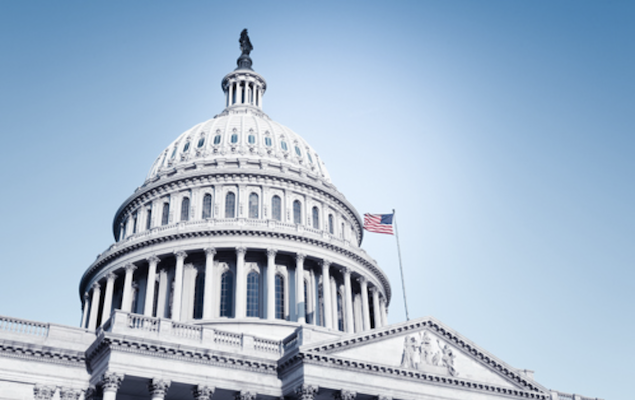House passes budget reconciliation bill

The U.S. House of Representatives passed the budget reconciliation package May 22, marking the first of many steps toward approving key elements of President Donald Trump’s domestic agenda.
The reconciliation package, known as the One Big Beautiful Bill Act, passed in a 215-214 vote and now heads to the Senate for consideration. Budget reconciliation is a special process in which certain spending bills can be passed with a simple majority vote in the Senate.
The legislation includes several ADA-supported provisions, such as expanded small business deduction, restored bonus depreciation, employer student loan payments and increased flexibility within health savings accounts and flexible savings accounts. However, it also includes several ADA-opposed provisions, including the removal of pass-through entity tax deductions, limits on research income and repeal of the de minimis import privilege.
Prior to the vote, the ADA sent a letter to the House Energy and Commerce Committee, commenting on Medicaid provisions in the reconciliation legislation, underscoring the importance of preserving adult dental benefits and recommending maintaining continuity of coverage by revising redetermination provisions.
It also sent a letter to the House Education and Workforce Committee, raising concerns about the Success and Taxpayer Savings Plan, which proposes cuts to student aid programs. The ADA said the proposed cuts pose a serious risk to the dental workforce and the high standards of oral healthcare that American’s expect.
The ADA sent a letter to the House Ways and Means Committee, commenting on tax provisions in Title XI of the reconciliation legislation ahead of its markup. While the Association expressed support for some provisions that support small business dentists and strengthen patient access to care, it also raised concerns — and subsequently met with committee staff — about the removal of pass-through entity tax deductions.
The Association also raised concerns about the legislation’s potential to undermine longstanding consumer health programs that guarantee efficacy and safety. One provision would have expanded unrelated business income tax to include revenue from licensing nonprofit trademarks, such as the ADA Seal of Acceptance. Due in part to ADA advocacy, this section was removed from the final House bill.
In a May 22 Advocacy Update to members, the ADA said it will continue its outreach as the bill heads to the Senate and provide updates as they become available.
“The ADA congressional and federal affairs teams will be working with senators to shape the final legislation, ensuring it supports dentists, dental teams and patients across the country. Additional updates will follow as the reconciliation process continues,” the alert said.
Follow all the ADA’s advocacy efforts at ADA.org/Advocacy.



